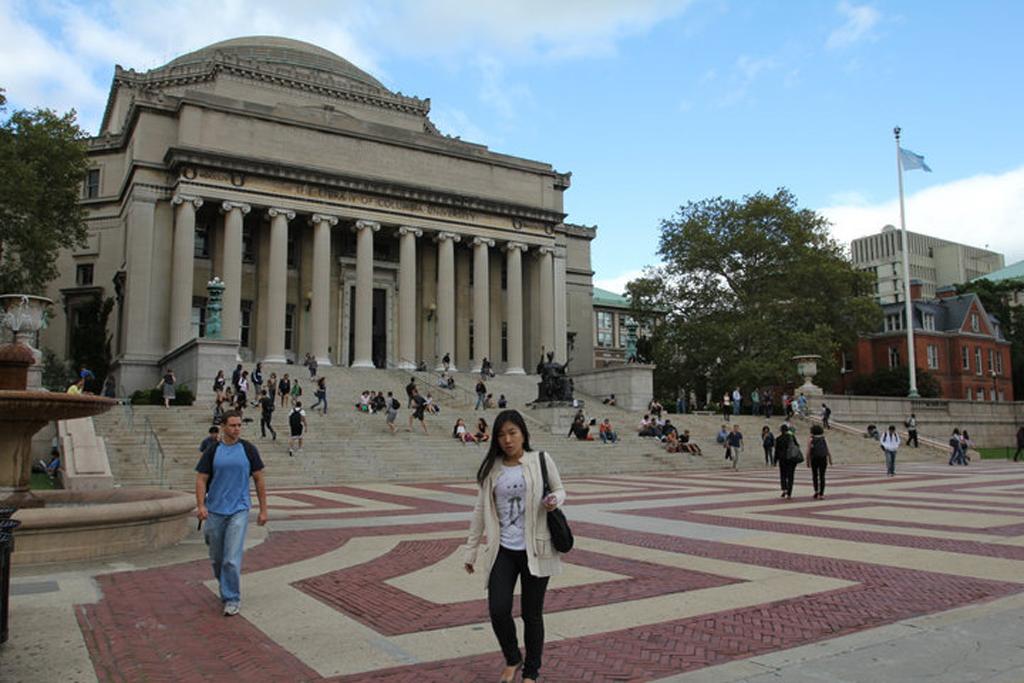US student debt reaches $1 trillion
Columbia University campus.
US student debt surpassed $1 trillion last year, according to new numbers by the Consumer Financial Protection Bureau, a federal agency that was created after the economic crisis.
According to the Wall Street Journal, that number is about 16 per cent higher than an estimate earlier this year by the Federal Reserve Bank of New York.
As college tuition rises faster than the rate of inflation, student loans from both the federal government and banks multiply.
Read more on GlobalPost: Americans owe more for student loans than cars, credit cards
RT reported that a study by Young Invincibles, a non-profit group in Washington showed that American students owed about $76,000 on average, many of them signing contracts without fully examining the re-payment obligations.
The effects of high student debt have wider implications for the economy, including slowing down consumer spending and the housing market.
Rohit Chopra, student-loan ombudsman for the Consumer Financial Protection Bureau said, according to the Wall Street Journal: "First-time home-buyers are a substantial part of the housing market. Instead of saving for a down payment, these borrowers are sending big payments every month."
According to Bloomberg News, he went on to say that, "Young consumers are shouldering much of the punishment in the form of substantial student-loan bills for doing exactly what they were told would be the key to a better life."
Though the debt burden can be crippling, the Atlantic points out that the number may also point to larger numbers of people receiving a college education.
The New York Federal Reserve says that more than one quarter of all borrowers with loans are now overdue on their payments.
Our coverage reaches millions each week, but only a small fraction of listeners contribute to sustain our program. We still need 224 more people to donate $100 or $10/monthly to unlock our $67,000 match. Will you help us get there today?
